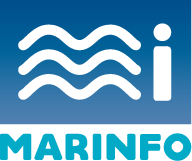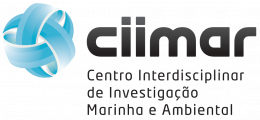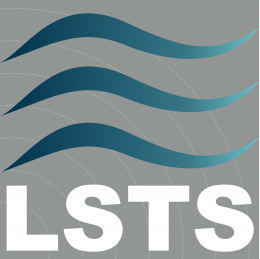Consortium
CIIMAR
CIIMAR – Interdisciplinary Centre of Marine and Environmental Research – is a research and advanced training institution hosted by the University of Porto and uses this knowledge-base to promote the natural capital and the sustained management of marine resources through monitoring of ecosystems health, optimisation of aquaculture, and biotechnological exploitation of the resources for environmental and human health applications.
CIIMAR is organized into 3 Thematic Lines lead by three senior scientists, hosting 27 Research Groups, covering a wide range of scientific expertise and sharing a common vision: “Contribute to the Knowledge of the Ocean as a basis for the sustainable management and exploitation of resources”.
CIIMAR provides innovative solutions and products responding to actual economic and societal challenges and assembles understanding and knowledge on physical, chemical and biological dynamics of the coastal and oceanic environments.
Laboratório de Sistemas e Tecnologia Subaquática
The Laboratório de Sistemas e Tecnologia Subaquática (LSTS) is an interdisciplinary research laboratory established in 1997 with researchers drawn from Electrical and Computer Engineering, Mechanical Engineering and from Computer Science.
The LSTS is specialized on the design, construction, and operation of unmanned underwater, surface and air vehicles and on the development of tools and technologies for the deployment of networked vehicle systems.
In the last 20 years researchers from the LSTS have successfully fielded unmanned air, ground, surface and underwater vehicles in the Atlantic and Pacific oceans, and also in the Mediterranean sea. These vehicle systems implement the LSTS control architecture with the help of the LSTS Neptus-IMC-Dune software toolchain. Neptus is a distributed command, control, communications and intelligence framework for operations with networked vehicles, systems, and human operators. IMC is a communications protocol that defines a common control message set understood by all types of LSTS nodes. DUNE is the system for vehicle on-board software. It is used to write generic embedded software at the heart of the vehicle, e.g. code for control, navigation, or to access sensors and actuators. It provides an operating-system and architecture independent C++ programming environment for writing efficient real-time reactive tasks in modular fashion. The toolchain has support for Disruptive Tolerant Network (DTN) protocols.




